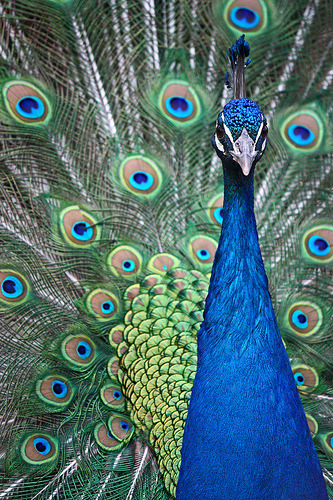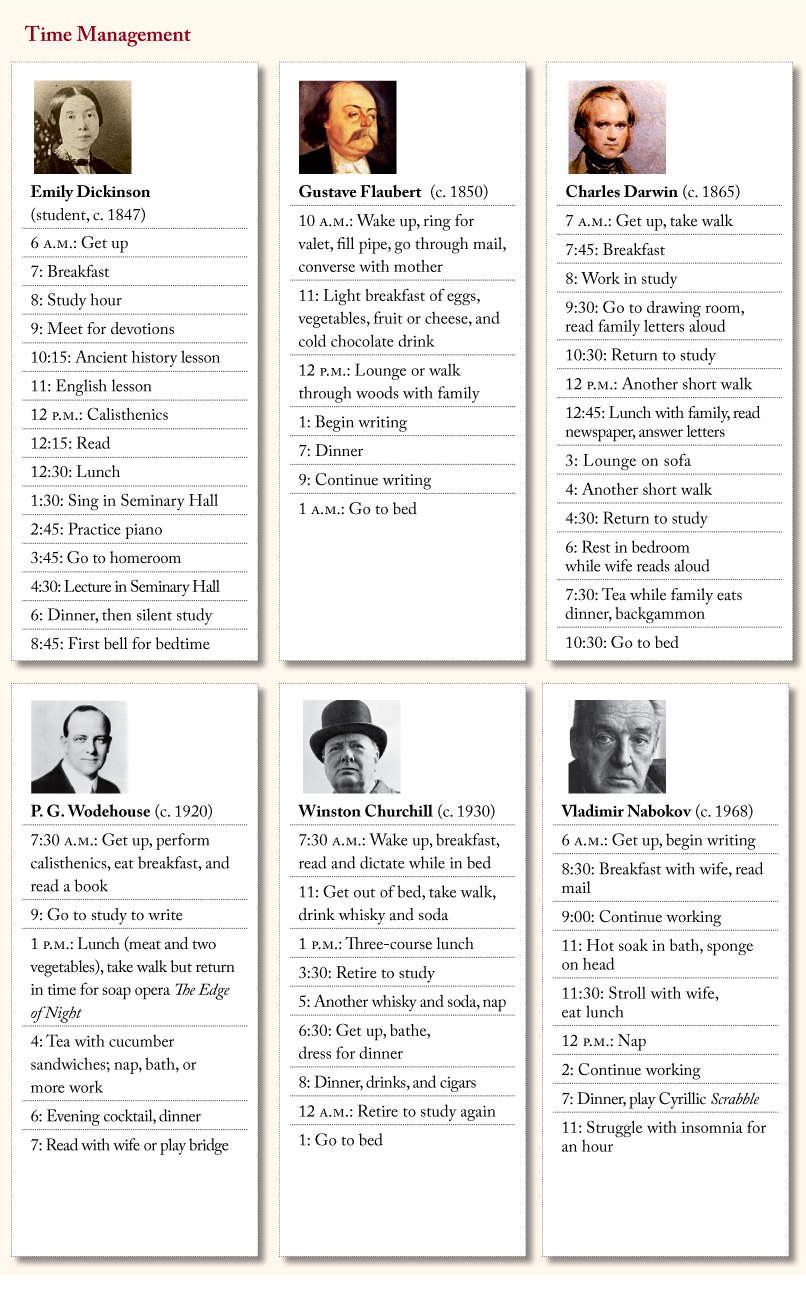If you’re in the business of dealing with web and social media metrics or are familiar with entrepreneur and The Lean Startup author Eric Ries, you probably know about vanity metrics. Basically, these are numbers that sound impressive but don’t necessarily mean anything of significance because they’re not actionable by themselves. In other words, vanity metrics are “good for feeling awesome, bad for action.”
Many of us fall into an analogous vanity work trap. We do things that sound impressive or important, making us feel productive but essentially don’t propel us to any new heights. Maybe it’s that umpteenth networking event or coffee meeting, or obsessing over social media followers or responding to emails during vacation, or even dutifully doing all the things we think we’re supposed to do. The vanity work trap sucks us in using other people’s ideas of success.




